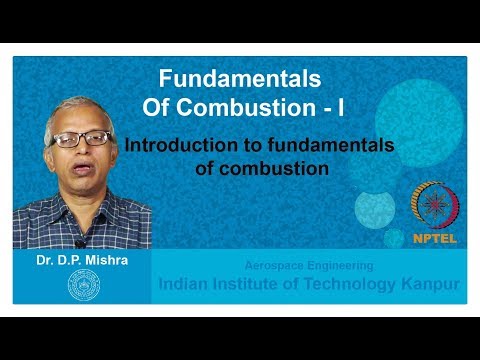Description:
Explore the fundamental principles and applications of combustion in this comprehensive 9-hour course. Delve into topics such as fuel types, thermodynamics, stoichiometry, and chemical equilibrium. Learn about the characterization of liquid and gaseous fuels, combustion modes, and the laws of thermodynamics. Calculate mixture fractions for diffusion flames, explore thermochemistry concepts, and understand adiabatic flame temperatures. Investigate chemical equilibrium, Gibbs free energy, and Le Chatelier's principle. Gain insights into reaction kinetics and rates of chemical reactions. Master the essential concepts and calculations necessary for a thorough understanding of combustion processes and their wide-ranging applications.

Fundamentals of Combustion - I
Add to list
#Engineering
#Aerospace Engineering
#Science
#Physics
#Thermodynamics
#Chemistry
#Physical Chemistry
#Chemical Equilibrium
#Stoichiometry
#Thermochemistry
#Combustion